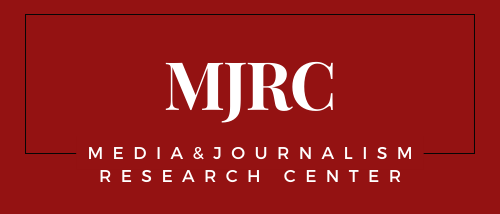MJRC Launches Study Mapping Election Supervision and Observation Practices
Oversight of the electoral process is a well-established practice across numerous European legal systems. Depending on the specific provisions of national electoral legislation, constitutional design, and the structure of judicial authority within a given state, the responsibility for electoral supervision lies either with general courts or specialized electoral tribunals. These monitoring institutions are entrusted with preserving the integrity of elections, a cornerstone of democracy, by ensuring adherence to prescribed legal frameworks. Their mandate includes curbing the abuse of public power and safeguarding fundamental rights throughout the voting process.
Primarily, these bodies uphold active and passive suffrage rights, ensuring that voting is an individual, equal, free, and confidential activity while preventing unwarranted restrictions on candidates who meet eligibility criteria. Additionally, they champion the freedoms of expression and association, shielding the right of participants to articulate their political visions unimpeded while protecting open discourse in the media to reflect a variety of electoral perspectives. Lastly, they level the playing field for all contenders by deterring abuses of authority for personal advantage and enforcing strict adherence to campaign finance regulations, thereby promoting fair competition in the democratic arena.
The primary aim of this background study, released today by the Media and Journalism Research Center (MJRC) in collaboration with Maharat Foundation and Legal Agenda, is to conduct a thorough examination and mapping of existing electoral legislation and administrative frameworks across Europe. Furthermore, it seeks to pinpoint international standards governing the supervision, observation, and monitoring of presidential and national parliamentary elections in the context of democratic practices.
Authored by Adriana Mutu, the study sheds light on the bedrock principles anchoring free and fair democratic elections, exploring critical benchmarks for setting standards in the conduct, assessment, and monitoring of democratic processes. Starting from the premise that election observation and monitoring serve as vital tools in curbing and identifying electoral fraud and intentional misrepresentation, the study offers an in-depth review of key legal instruments and regulatory systems that bolster democracy and align with international human rights norms. Specific attention is given to the role of central electoral watchdogs in governing election processes, while also assessing obligations placed within electoral legislation, procedural election standards, best practices, and the essential conditions for election-related activities.
The study, carried out within a project aimed at enhancing media freedom in Lebanon, also concludes with tailored insights and recommendations specifically designed for the Lebanese context.
Access the full study here.
Explore more details on the project page.
Photo by Arnaud Jaegers on Unsplash
Invest in independent media research and join a community of practice.
Your contribution supports MJRC’s investigations and global analysis. As a supporter, you can receive early access to new findings, invitations to small-group briefings, inclusion in our Supporters Circle updates, and the option to be listed on our Supporters Page.
Contribute to MJRC
